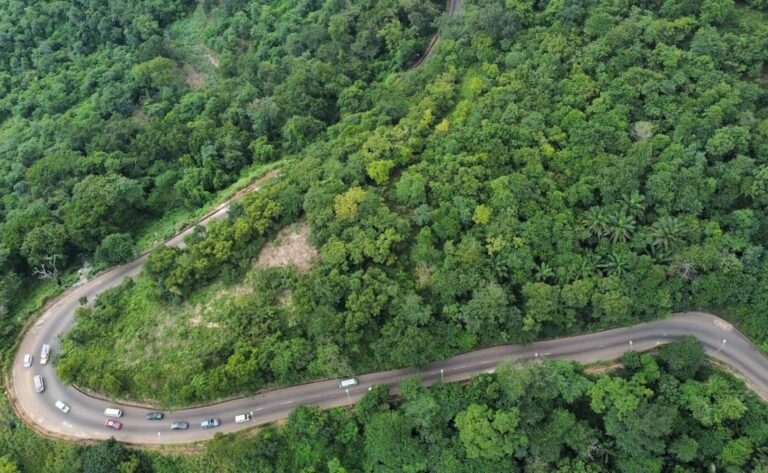Governor Peter Ndubuisi Mbah is reshaping the narrative of Enugu State through an ambitious transformation agenda that is positioning the state as a top-tier destination for business tourism, investment, and infrastructural excellence.
From the onset of his administration, Mbah promised a new era for Enugu—one that would scale its economy from $4.4 billion to $30 billion within eight years. Now, less than two years into office, bold strides are already painting that vision into reality.
Tourism and Aviation at the Heart of Enugu’s Growth
One of the most ambitious moves yet is the launch of Enugu Air, a state-owned airline set to enhance connectivity and economic activity in the region. With the first aircraft already acquired—part of a plan to purchase four at a cost of ₦41.13 billion—Enugu joins Akwa Ibom and Cross River as the only Nigerian states to own airlines.
Enugu Air is expected to:
- Improve connectivity with other Nigerian states and possibly international destinations such as Europe.
- Lower current airfare costs between Lagos and Enugu (which range between ₦130,000 and ₦200,000).
- Strengthen Enugu’s role as a regional aviation hub.
- Support trade, tourism, agriculture, and job creation.
While the airline is yet to receive its Air Operating Certificate (AOC), experts like aviation analyst Olumide Ohunayo describe it as a “beautiful addition to Nigeria’s domestic market,” suggesting that the aircraft could be leased to stabilize airfares while awaiting full certification.
A New Hub for Business Events and Conferences
Enugu’s tourism strategy is also anchored by the now-completed Enugu International Conference Centre, a once-abandoned project that has been revived under Mbah’s leadership. Nearby, a new hotel is under construction, and several other moribund properties—like the Presidential Hotel—have been restored for business.
Seyi Adewale, CEO of Mainstream Cargo Limited, hailed the project as a strategic move, noting that Enugu now joins Lagos and Abuja in hosting notable international conference centres, thereby tapping into the Meetings, Incentives, Conferences, and Exhibitions (MICE) tourism market.
Massive Infrastructure Push Underway
Complementing its aviation and tourism ambitions is a sweeping infrastructure agenda:
- ₦183 billion approved for 141 urban roads and 20 rural roads across Enugu State.
- Key completed roads include Damija Road, Golf Estate access road, College Road Abakpa, and Odudukoko Street in Garki.
- A new smart city development, flyovers, last-mile connectivity, and a $100 million water project (in partnership with Austrian investors) are also in motion.
These infrastructure upgrades aim to enhance mobility, improve investor confidence, and support the tourism ecosystem.
The Road Ahead: Branding, Partnerships & Packaging Tourism
While industry leaders commend the visible progress, they caution that infrastructure alone won’t drive tourism. According to Susan Akporaiye, former NANTA president:
“We still need to identify and package Enugu’s tourism products. Enugu Air and the conference centre are good steps, but tourism must be marketed to both local and international audiences.”
She urges the state to develop and promote unique tourism offerings—such as cultural heritage, eco-tourism, and historical landmarks—packaged attractively for global consumption.
Enugu’s Rising Star
From aviation to conferences, roads to hospitality, the Enugu government under Peter Mbah is scripting a bold new chapter. The state is no longer just the “coal city”; it’s fast becoming a beacon for business, tourism, and development in the South East and beyond.
If implemented with consistency and strategic global partnerships, Enugu may soon emerge as one of Africa’s most promising subnational destinations for investors and travelers alike.

